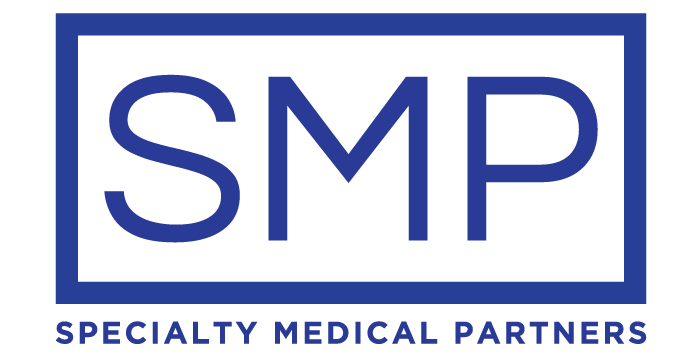We know that physicians are more prone to burnout compared to other professions1. Recognizing the early signs of burnout in yourself or your colleagues is critical: emotional exhaustion, depersonalization, and a decreased sense of personal accomplishment. The top reasons cited as to why burnout rates are worsening include higher workload, lack of work-life integration, social isolation, and rapidly changing policies and procedures2. To ensure that you can continue to provide high quality patient care, while leading a fulfilling life, here are some tips to safeguard your mental and emotional health.
Strategies to avoid Physician Burnout







